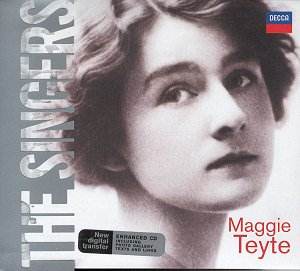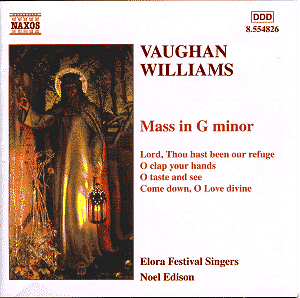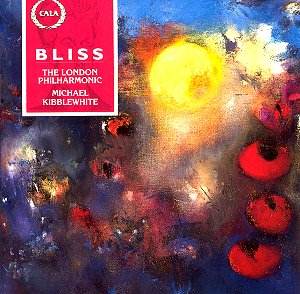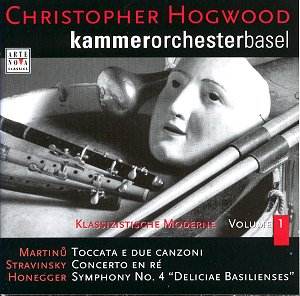 Composer: Maggie Teyte
Composer: Maggie Teyte
Works: Jacques Offenbach: ‘Tu n’es pas beau – je t’adore’ (La Perichole); André Messager: ‘Petite dinde! Ah! quel outrage!’ (Véronique); Messager: ‘Ma foi! Pour venir de Provence’ (Véronique); Gabriel Fauré: ‘Après un rêve’; Reynaldo Hahn: ‘Si mes vers avaient des ailes’; Antonin Dvořák: ‘Christina’s Lament’; Dvořák: ‘Songs my mother taught me’; Henry Gibson: ‘Sweet Mistress Prue’ (Sir Roger de Coverley); Gibson: ‘Carefree’ (Sir Roger de Coverley); Sigmund Romberg: ‘Deep in my heart dear’ (The Student Prince); Charles Cuvillier: ‘What is done you never can undo’ (The Lilac Domino); Noël Coward: ‘I’ll follow my secret heart’ (Conversation Piece); Coward: ‘Nevermore’ (Conversation Piece); Robert Schumann: ‘Der Nussbaum’, Op. 25 No. 3; Schumann: ‘Aufträge’, Op. 77 No. 5; Johannes Brahms: ‘Die Mainacht’, Op. 43 No. 2; Brahms: ‘An die Nachtigall’, Op. 46, No. 4; Brahms: ‘Meine Liebe ist grün’, Op. 63, No. 5; Roger Quilter: ‘Now sleeps the crimson petal’; Frederick Delius: ‘Indian Love Song’; Cecil Armstrong Gibbs: ‘The fields are full of summer still’; Frank Bridge: ‘E’en as a lovely flower’; Amherst Webber: ‘The nightingale sings to his mate in the tree’; Graham Peel: ‘Wander-thirst’
Performers: Dame Maggie Teyte (soprano), George Reeves (piano), Rita Mackay (piano)
Recording: September 1932, November 1932, August 1937
Label: DECCA
Dame Maggie Teyte, a luminary of the early 20th-century vocal scene, is celebrated for her interpretations of French art song, a facet of her artistry that is thoughtfully showcased in this collection. As recordings from the 1930s resurface, the historical context of Teyte’s work becomes vital to understanding her significance, particularly her training in Paris under notable figures like Reynaldo Hahn and Claude Debussy. This CD, part of Decca’s The Singers series, not only revives Teyte’s artistry but also provides a window into a musical era that bridged the late Romantic and early modern periods.
The performances resonate with Teyte’s signature attributes: a crystalline diction and an inherent poise that brings life to the repertoire. Her renditions of Fauré’s ‘Après un rêve’ and Hahn’s ‘Si mes vers avaient des ailes’ stand out as exemplary models of emotive nuance and technical finesse. Teyte’s voice, light yet rich, glides effortlessly through these pieces, demonstrating a remarkable ability to float high notes with an ethereal quality. Particularly notable is the languorous phrasing in ‘Après un rêve’, where her interpretation is imbued with an evocative tenderness that captures the essence of Fauré’s delicate harmonic palette. Conversely, her engagement with the lighter fare from Messager’s ‘Véronique’ showcases an infectious buoyancy, illuminating the playful spirit of the music.
However, the program is not without its shortcomings. The English musical selections, while delivered with Teyte’s usual care, often lack the depth and sophistication found in the French repertoire. Tracks like Gibson’s ‘Sweet Mistress Prue’ and Coward’s ‘I’ll follow my secret heart’ reveal a tendency towards over-articulation, resulting in a somewhat stilted delivery that detracts from the inherent charm of the music. Moreover, the transition from the French songs to the English ones feels less seamless, as if Teyte’s interpretive choices become more cautious and less instinctive.
The recording quality, particularly in the latter half of the disc, presents challenges. Though the warmth of Teyte’s voice remains intact, the surface noise from the BBC broadcasts interferes with the clarity, and the piano accompaniment often recedes into the background. This is particularly evident in Brahms’s ‘Die Mainacht’, where the interplay between voice and piano is crucial. Despite these technical limitations, Teyte’s artistry prevails, and the inclusion of lesser-known works, such as Armstrong Gibbs’s unpublished song, enriches the listening experience.
The absence of more comprehensive documentation, including texts and translations, may hinder engagement for some listeners. However, the essence of this release lies in the artistry of Maggie Teyte herself. Her performances, despite the uneven selection of repertoire and variable sound quality, remain compelling and deserving of attention. This recording serves as a vital artifact, celebrating not only Teyte’s significant contributions to vocal music but also the rich tapestry of early 20th-century song. Collectors and enthusiasts of art song will find much to admire in this thoughtful presentation of Teyte’s legacy.



